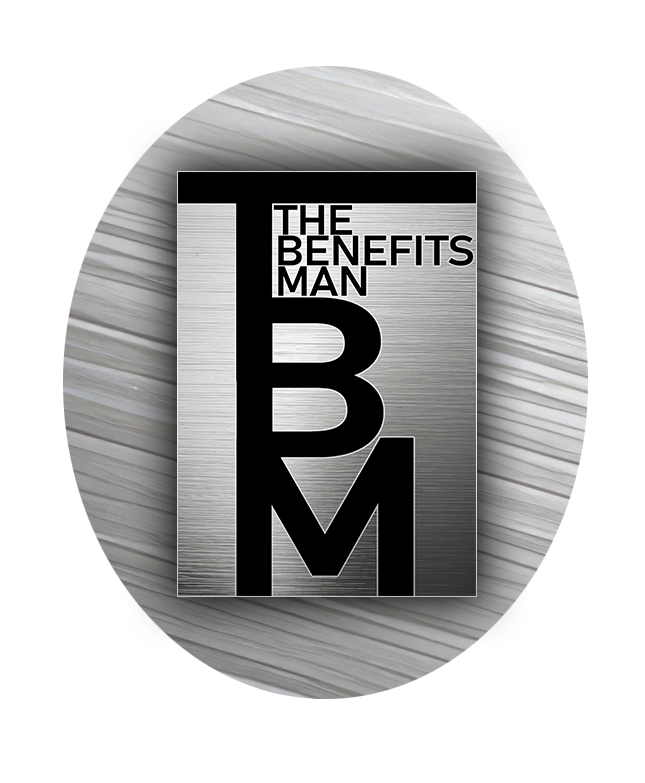In today’s dynamic and competitive work landscape, finding equilibrium between one’s professional responsibilities and personal life has become paramount. The concept of work-life balance transcends beyond mere time management; it encompasses a holistic approach to well-being, productivity, and overall satisfaction in both spheres. In this article, we’ll delve into the significance of work-life balance, its impact on individuals and organizations, and explore meaningful strategies to foster this essential equilibrium.
The Essence of Work-Life Balance
Work-life balance is a delicate interplay between professional obligations and personal fulfillment. It is about crafting a lifestyle that harmonizes the demands of a career with the joys, interests, and responsibilities outside the workplace. It’s not about separating work from life, but rather integrating them in a way that each complements and enhances the other.
The Benefits of a Balanced Work-Life Dynamic
1. Enhanced Well-being and Health: Prioritizing time for oneself and loved ones leads to reduced stress levels, improved mental health, and overall well-being. It creates space for exercise, relaxation, and activities that rejuvenate the mind and body.
2. Elevated Productivity and Creativity: Striking a balance between work and personal life fosters a more focused, innovative, and motivated mindset. When individuals have the opportunity to recharge, they return to work with renewed vigor and creativity.
3. Improved Relationships and Social Connections: Nurturing personal relationships is essential for a fulfilling life. A healthy work-life balance allows for quality time with family and friends, which strengthens bonds and creates a support system.
4. Sustainable Career Growth: Contrary to the notion that total dedication to work leads to success, sustainable career growth requires periodic rest and rejuvenation. A balanced approach sustains motivation, preventing burnout and ensuring long-term success.
Strategies for Cultivating Work-Life Balance
Establish Clear Boundaries: Clearly define your work hours and personal time. Communicate these boundaries to colleagues and superiors to ensure a mutual understanding and respect for your time outside of work.
Prioritize Tasks and Delegate Effectively: Focus on high-impact tasks that align with your professional objectives. Delegate or automate routine tasks to free up time for more meaningful endeavors.
Practice Mindfulness and Presence: Be fully present in both your work and personal life. Mindfulness cultivates a sense of purpose and allows you to derive maximum satisfaction from each moment.
Leverage Technology Wisely: Leverage technology to streamline tasks and improve efficiency, but be mindful of over-reliance. Unplug when necessary to create space for personal reflection and rejuvenation.
Achieving a harmonious work-life balance is not a one-size-fits-all endeavor. It requires self-awareness, intentionality, and a willingness to adapt to the ebb and flow of life’s demands. By prioritizing well-being, setting clear boundaries, and embracing mindfulness, individuals can cultivate a fulfilling professional journey that extends beyond the confines of the workplace. Remember, work-life balance is not an end goal, but an ongoing, enriching journey towards a more meaningful and satisfying life.

